Acne-prone skin can be unpredictable. One moment, it seems like you’re on the path to clear skin, and the next, breakouts appear out of nowhere. It can feel frustrating, but the good news is that the right skincare routine can make all the difference.
Instead of focusing just on treating acne, it’s important to understand what your skin truly needs. A few small changes in your daily routine can help prevent breakouts, reduce redness, and improve your skin’s overall health.
1. Choose a Gentle, Acne-Focused Cleanser
Washing your face is the foundation of any skincare routine, but using the wrong cleanser can do more harm than good. Harsh cleansers strip your skin of natural oils, triggering excess oil production and breakouts.
A gentle, sulfate-free cleanser with acne-fighting ingredients like salicylic acid or benzoyl peroxide helps remove dirt and bacteria without irritating your skin. Cleansing twice a day keeps pores clear, but avoid over-washing, as it can lead to dryness and more breakouts.
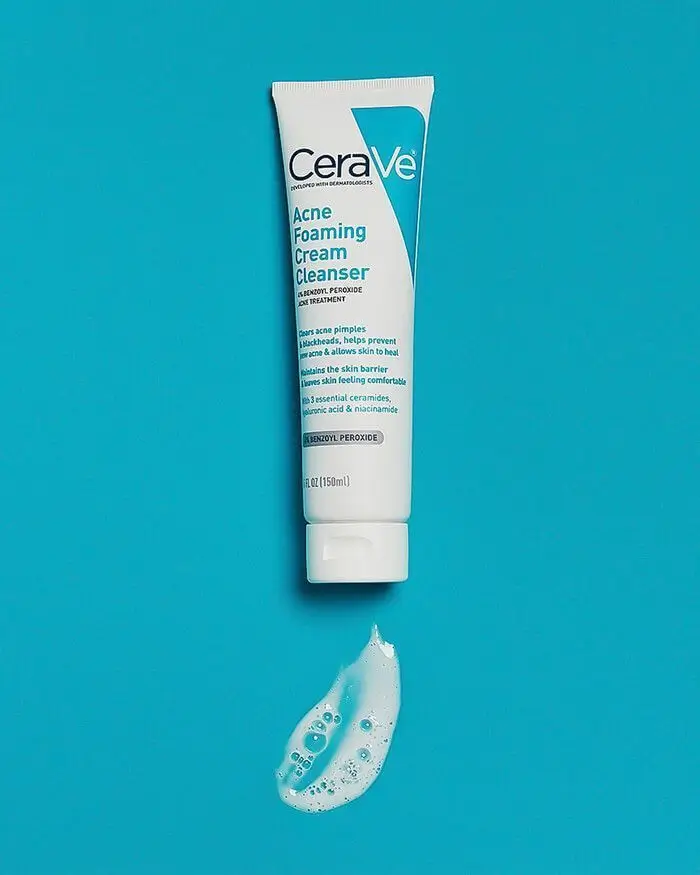
2. Never Skip Moisturizer (Even if You Have Oily Skin)
Many people think moisturizer makes acne worse, but skipping it can actually lead to more breakouts. When your skin lacks hydration, it produces more oil, clogging pores and causing pimples.
Using a lightweight, non-comedogenic moisturizer keeps your skin balanced. Ingredients like hyaluronic acid and niacinamide hydrate without making your face feel greasy.

3. Use a Chemical Exfoliant Instead of Scrubs
Scrubbing your face may seem like a good way to clear pores, but physical exfoliants can irritate acne-prone skin. The tiny particles in scrubs can cause micro-tears, leading to more inflammation.
A chemical exfoliant like glycolic acid or salicylic acid gently removes dead skin cells and clears clogged pores. Using it two to three times a week helps smooth skin and reduce breakouts.
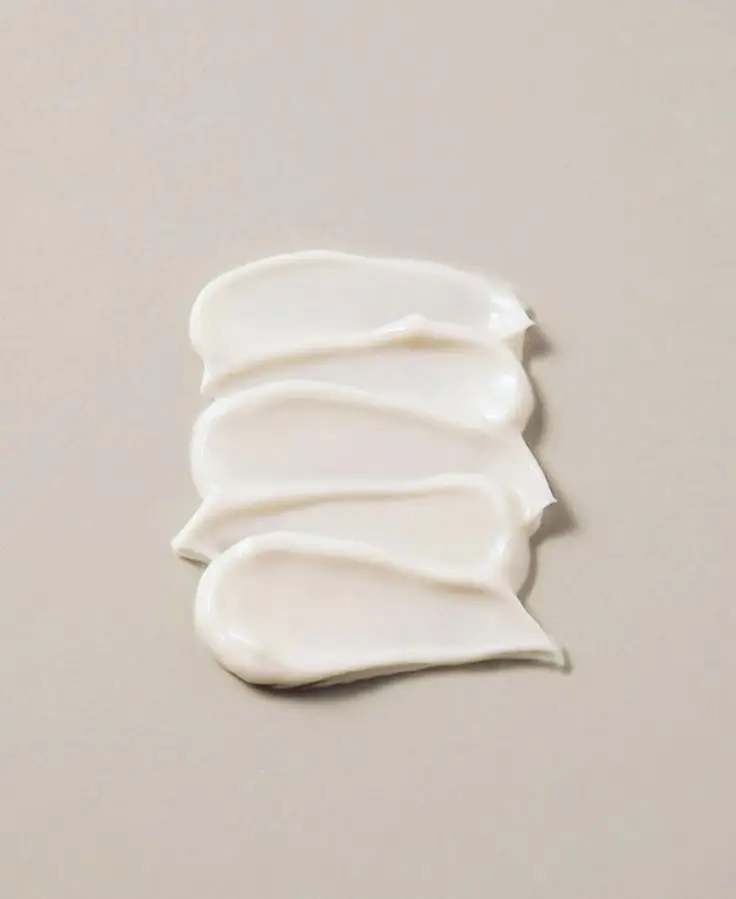
4. Spot Treat Pimples Before They Get Worse
When a pimple starts forming, treating it early can prevent it from getting bigger. The right spot treatment can dry out the blemish, reduce redness, and speed up healing.
Look for benzoyl peroxide, salicylic acid, or sulfur-based treatments to target breakouts. Applying a thin layer to pimples at night helps them shrink by morning.
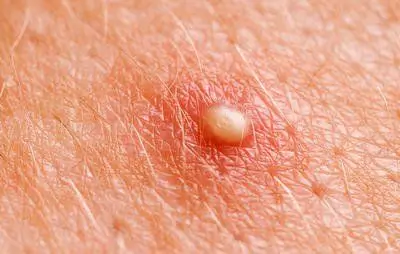
5. Keep Your Hands Off Your Face
Touching your face throughout the day can transfer oil, bacteria, and dirt to your skin, making acne worse. Even worse, popping pimples can push bacteria deeper, leading to scars.
It’s best to keep your hands away from your face as much as possible. If you need to touch your skin, make sure your hands are clean.
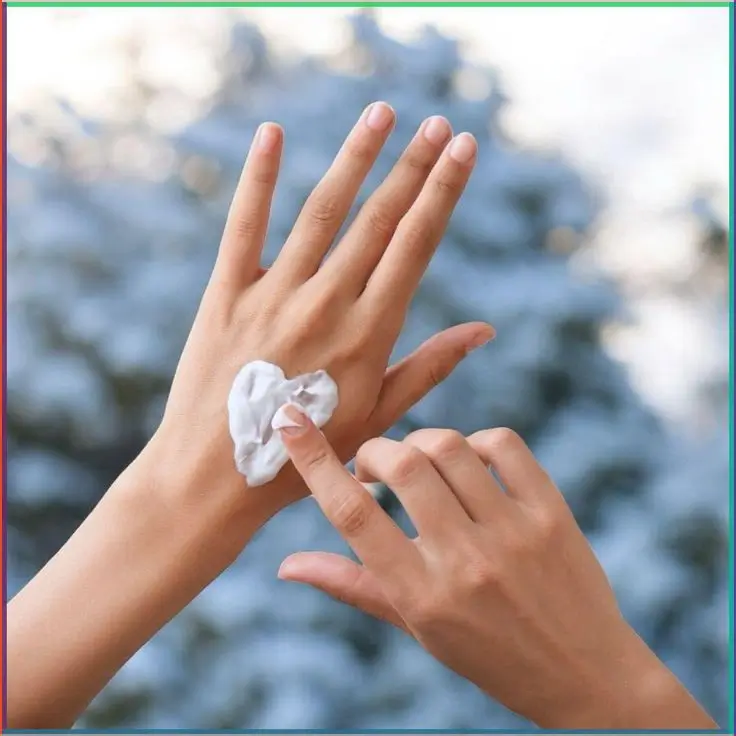
6. Use a Clay Mask to Absorb Oil
Oily skin can make acne worse, but using a clay mask once a week helps control excess oil. The natural minerals in clay absorb grease, unclog pores, and prevent breakouts.
Choosing a kaolin or bentonite clay mask is a great way to refresh your skin. It removes impurities while leaving your skin feeling clean and balanced.
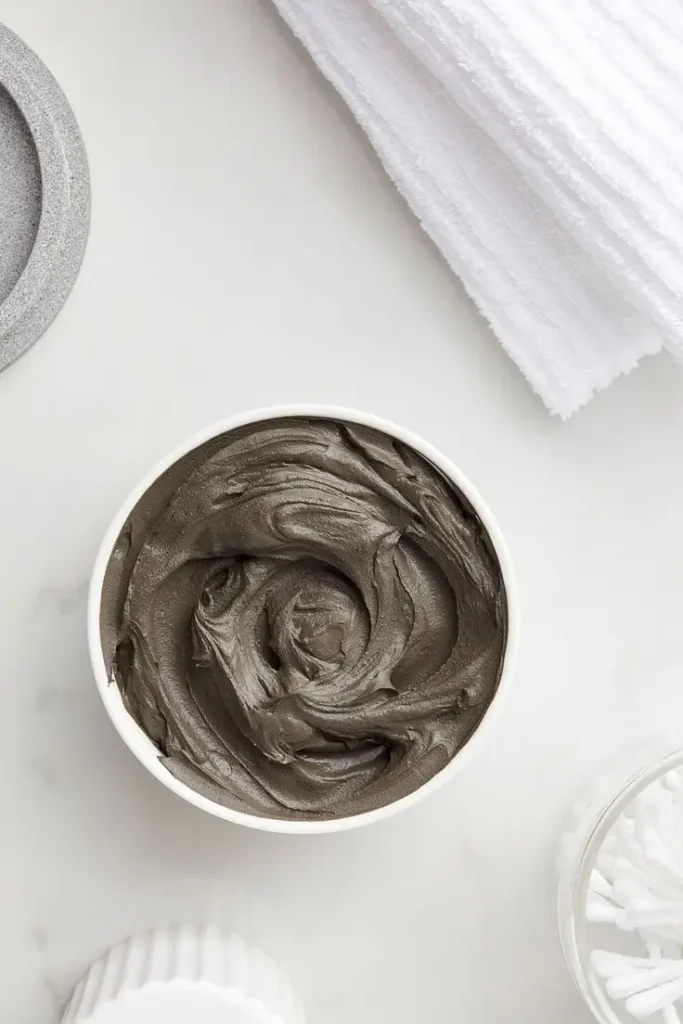
7. Wash Your Pillowcases and Makeup Brushes Regularly
Pillowcases and makeup brushes collect oil, bacteria, and dead skin cells over time. If you’re not washing them regularly, they could be contributing to your breakouts.
Changing your pillowcase at least once a week and washing your makeup brushes every few days helps keep your skin clean and breakout-free.
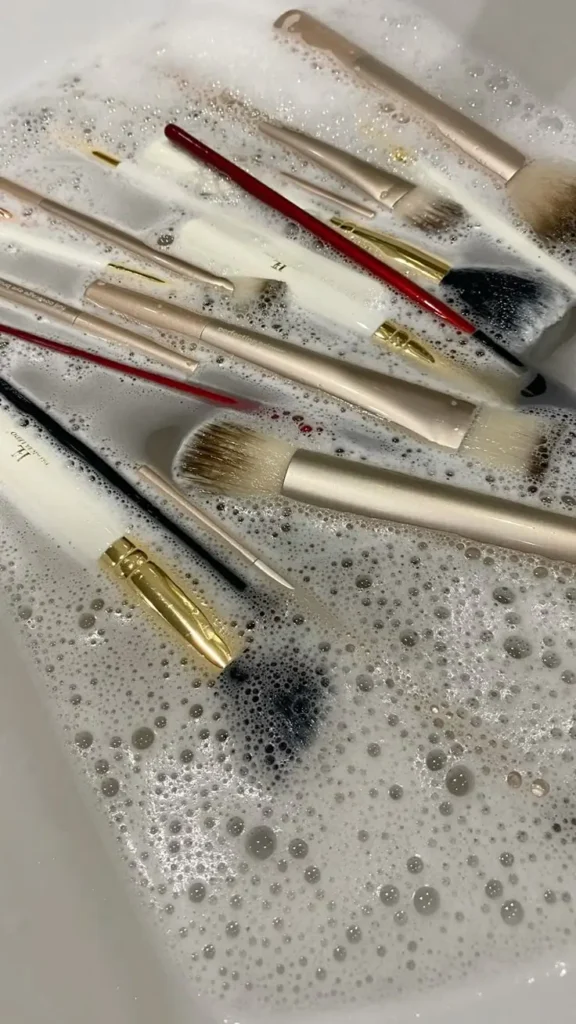
8. Double Cleanse If You Wear Makeup or Sunscreen
Makeup and sunscreen can clog pores if not removed properly. Double cleansing ensures your skin is completely clean without stripping it of moisture.
Starting with an oil-based cleanser dissolves makeup and sunscreen. Following up with a water-based cleanser removes any remaining dirt and oil.
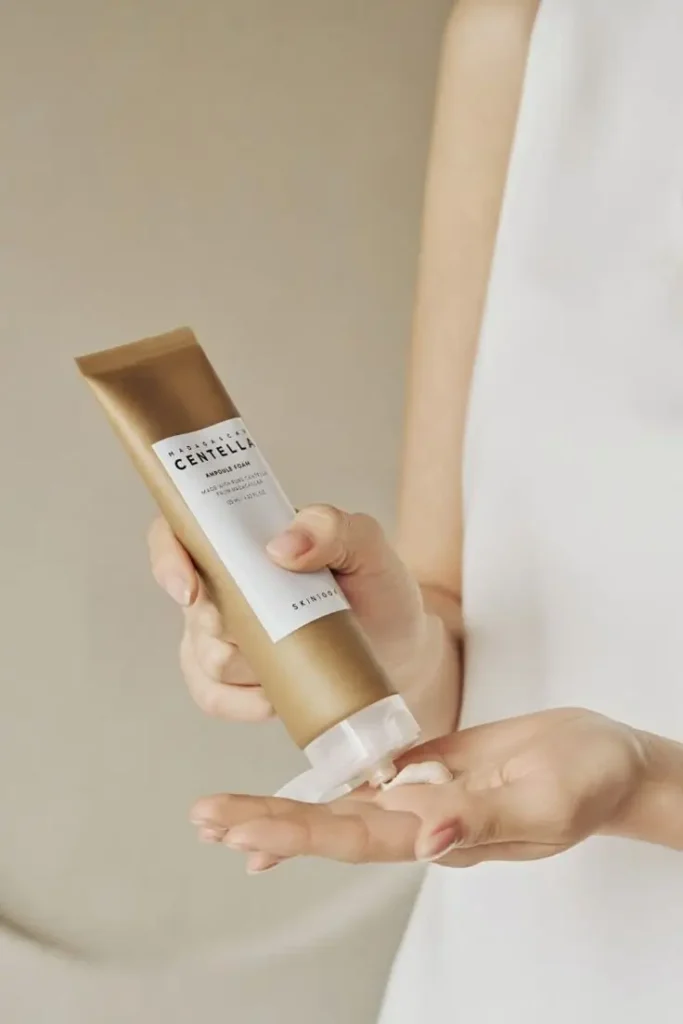
9. Always Wear Sunscreen (Yes, Even if You Have Acne)
Many people skip sunscreen, thinking it will clog their pores. But sun damage can make acne scars worse and lead to premature aging.
Using an oil-free, non-comedogenic sunscreen with zinc oxide or titanium dioxide protects your skin without causing breakouts. Applying it daily keeps your skin healthy and protected.
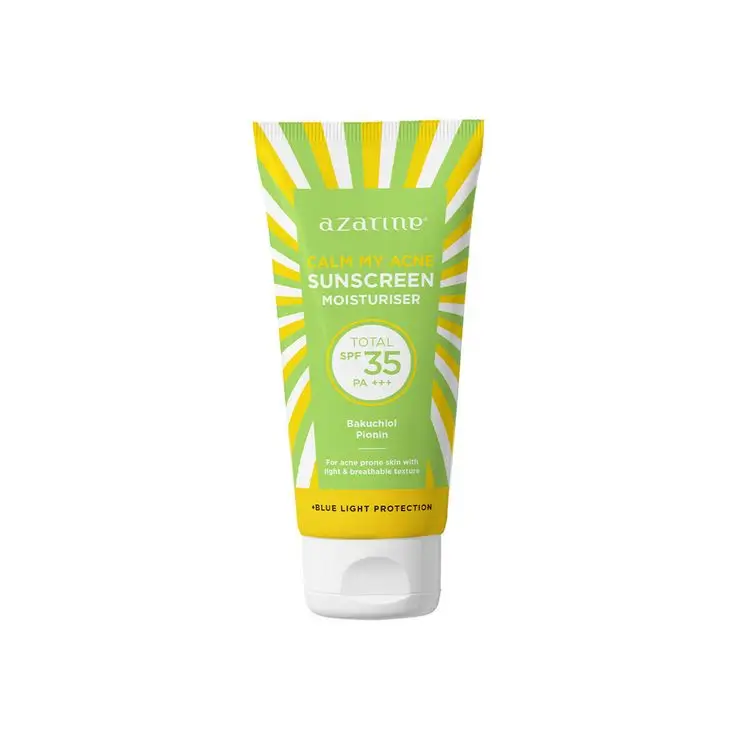
10. Try Niacinamide for Redness and Oil Control
Niacinamide is a powerful ingredient that reduces inflammation and controls oil production. It helps with acne, redness, and overall skin texture.
A 5% niacinamide serum used daily can help balance oily skin and prevent breakouts. Over time, it strengthens the skin’s barrier, making it less prone to irritation.

11. Drink More Water for Clearer Skin
Hydration is essential for healthy skin. When your body is dehydrated, your skin produces more oil, leading to clogged pores and breakouts.
Drinking at least eight glasses of water a day helps flush out toxins and keeps your skin hydrated from within.

12. Reduce Sugar and Dairy Intake
Certain foods can trigger breakouts by increasing inflammation and oil production. High-sugar diets and dairy products are often linked to acne flare-ups.
Cutting back on processed foods, sugary drinks, and dairy can improve your skin’s condition. A balanced diet rich in whole foods supports clearer skin.

13. Avoid Overwashing Your Face
Washing your face too often can strip away natural oils, leading to dryness and irritation. Your skin then compensates by producing more oil, making acne worse.
Cleansing twice a day is enough to keep your skin clean. If you feel oily during the day, use blotting papers instead of washing again.
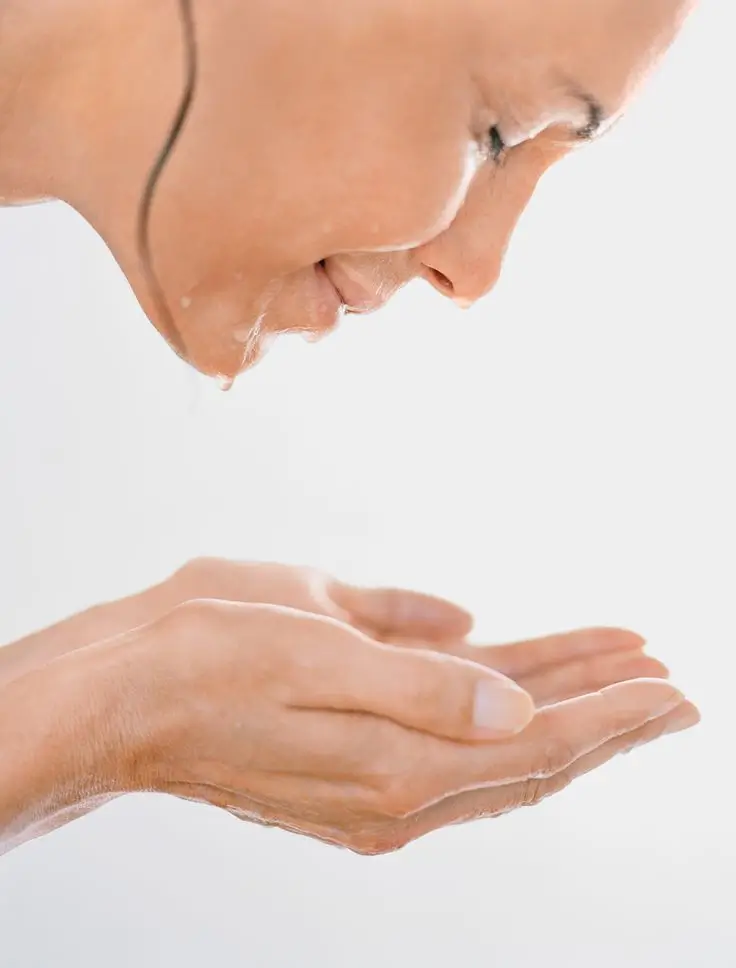
14. Consider Using a Retinol for Acne and Scarring
Retinol is one of the best ingredients for treating acne scars and preventing new breakouts. It increases skin cell turnover, helping to fade marks and smooth texture.
Starting with a low concentration retinol can help avoid irritation. Using it at night, followed by a moisturizer, keeps skin balanced and healthy.

15. Manage Stress Levels
Stress triggers hormonal changes that lead to breakouts. When you’re anxious, your body produces more cortisol, which increases oil production.
Finding ways to reduce stress through meditation, exercise, or deep breathing can help prevent stress-related acne. A relaxed mind leads to healthier skin.

16. Use Pimple Patches for Overnight Healing
Pimple patches help absorb pus and protect breakouts from bacteria. These small, clear patches reduce inflammation and speed up healing.
Applying them before bed can shrink pimples overnight, preventing them from worsening. They also stop you from touching or picking at your skin.

17. Swap Out Heavy Makeup for Lighter Formulas
Thick, full-coverage foundations can clog pores and make acne worse. Instead, choosing lightweight, oil-free BB creams or mineral-based foundations keeps skin clear.
Removing makeup properly at the end of the day is just as important. Double cleansing ensures there’s no residue left behind.

18. Sleep at Least 7-8 Hours a Night
Your skin repairs itself while you sleep. Not getting enough rest can lead to increased breakouts and dull skin.
Aiming for at least seven to eight hours of sleep every night gives your skin time to heal and renew. Better sleep means a brighter, healthier complexion.

19. Be Patient and Stick to Your Routine
Clear skin doesn’t happen overnight. Consistency is the key to seeing results with any skincare routine.
Avoid switching products too often, and give your routine at least six to eight weeks to work. Trust the process, and your skin will improve over time.

Final Thoughts
Managing acne takes patience, but the right routine makes all the difference. By following these simple yet effective skincare ideas, you can reduce breakouts and achieve healthier skin.
Which tip will you start with first? Small changes can lead to big improvements, so stay consistent and trust your journey to clear skin!




